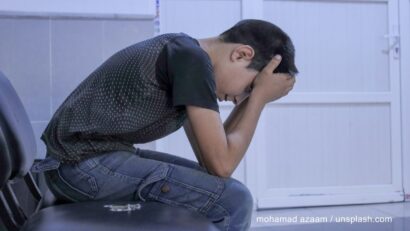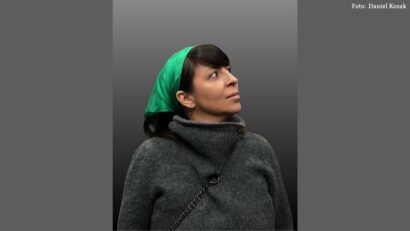Survey on Immigrants in Romania
Discrimination is not perceived as an obstacle by the immigrants living in Romania.

România Internațional, 02.12.2015, 13:15
According to a recent survey, the issue of discrimination is not perceived as an obstacle by the immigrants living in Romania. Bureaucracy, ineffective communication, lack of transparency and illegalities related to lease and employment contracts are the major issues affecting this category of the population. The report was drawn up as part of a project called “Immigrant Discrimination with Regard to Civil Rights, aimed at promoting human rights and fighting the effects of discrimination and intolerance towards immigrants.
According to the General Inspectorate for Immigration, in Romania there are 59,200 legally residing foreigners from third countries, and most of them are here for family reasons. Some 12,000 people have come to Romania to study, and 5,800 are immigrant workers. In addition, there are 2,500 people who benefit from a form of international protection. The survey analyzed the extent to which immigrants have access to education, housing, health-care, employment, goods and services.
Several obstacles in the way of their integration have been identified. As regards renting an apartment or a house, Adriana Iordache, from the Romanian Academic Society, said:
Adriana Iordache: “There is a sort of structural discrimination, because many foreigners have told us that Romanian owners will not conclude a lease contract and register it with tax authorities. But these people need such documents in order to be able to extend their visas. Another issue is that of higher rents, as many of the foreigners who took part in the survey said they were charged higher rates than the standard, because they were believed to have more money. Overall, though, once the home rented, the interaction of foreigners with the owners of apartments has proven to be a positive one. There have been cases of xenophobic or racist attitudes displayed by some owners who would not rent to people coming from Africa or the Middle East. As for the foreign students, while they benefit from scholarships granted by the Romanian state, accommodation is not provided. Another problem regarding this issue is that these students do not benefit from counseling from the universities they are enrolled with. So, they come to Romania, many of them cannot speak the language, especially the young people who come from Africa and the Middle East, and its difficult for them to find a place to stay.
Education is another important aspect when it comes to foreigners determining their options for the future. In the higher education system, students from outside the EU are faced with various forms of institutional discrimination, from additional fees to the lack of services such as access to free public transportation.
Adriana Iordache: “Many of the students we talked to were happy with how things work, but a lot others have complained about the quality of the programs, especially those in the English language. There have been situations in which teachers had not translated all the materials, for instance, or when students could not communicate with members of the administrative staff who cannot speak any of the world languages. Romanian language classes for foreign students are often perceived as unsatisfactory. Many students have not been able to learn any Romanian at these classes. Corruption and bribe-taking have also been identified as issues in the higher-education system.
In terms of health-care, immigrants are less discriminated against than with regard to the other fields covered by the survey. The problems identified here relate to the access to information in English, communication difficulties and bureaucracy. Luciana Lazarescu, the coordinator of this project, has more details:
Luciana Lazarescu: “Bribe has been mentioned by many of the interviewees; and this is the only field where the issue of bribe-giving and taking has been mentioned so often. Six out of 30 people actually said that they had to bribe somebody in order to benefit from better services. Another thing that was mentioned was the curiosity of the medical staff for the African natives, in particular. Also, medical services are provided on the basis of each citizens personal numerical code, issued by the General Immigration Inspectorate when the foreigners in question get their residence permit. So, between the moment the application is filed and the one when the permit is issued, a foreigner does not have a PNC.
The report also shows that the immigrants who come to Romania to work are among the most vulnerable. Why? Because if they resign and cannot find another job within 60 days, they are expelled from the country. Andra Panait, from the Romanian Association for Health Promotion, told us about some of the conclusions of the report regarding work:
Andra Panait: “We have noticed cases in which employment contracts were not concluded or, if they were, they did not specify the number of working hours, or the payment was significantly lower. Also, there was no overtime pay. Most of the people in question felt discriminated against, because of either their nationality or some visible physical disabilities.
The report was draw up by the Romanian Association for Health Promotion, together with the Academic Society in Romania and the National Council for Combating Discrimination. The initiators of this survey have come up with a set of recommendations, regarding the need for public institutions and authorities to organize Romanian language tests upon recruitment, accompanied by training programs on immigrants rights and obligations.
(translation by: Mihaela Ignatescu)






























